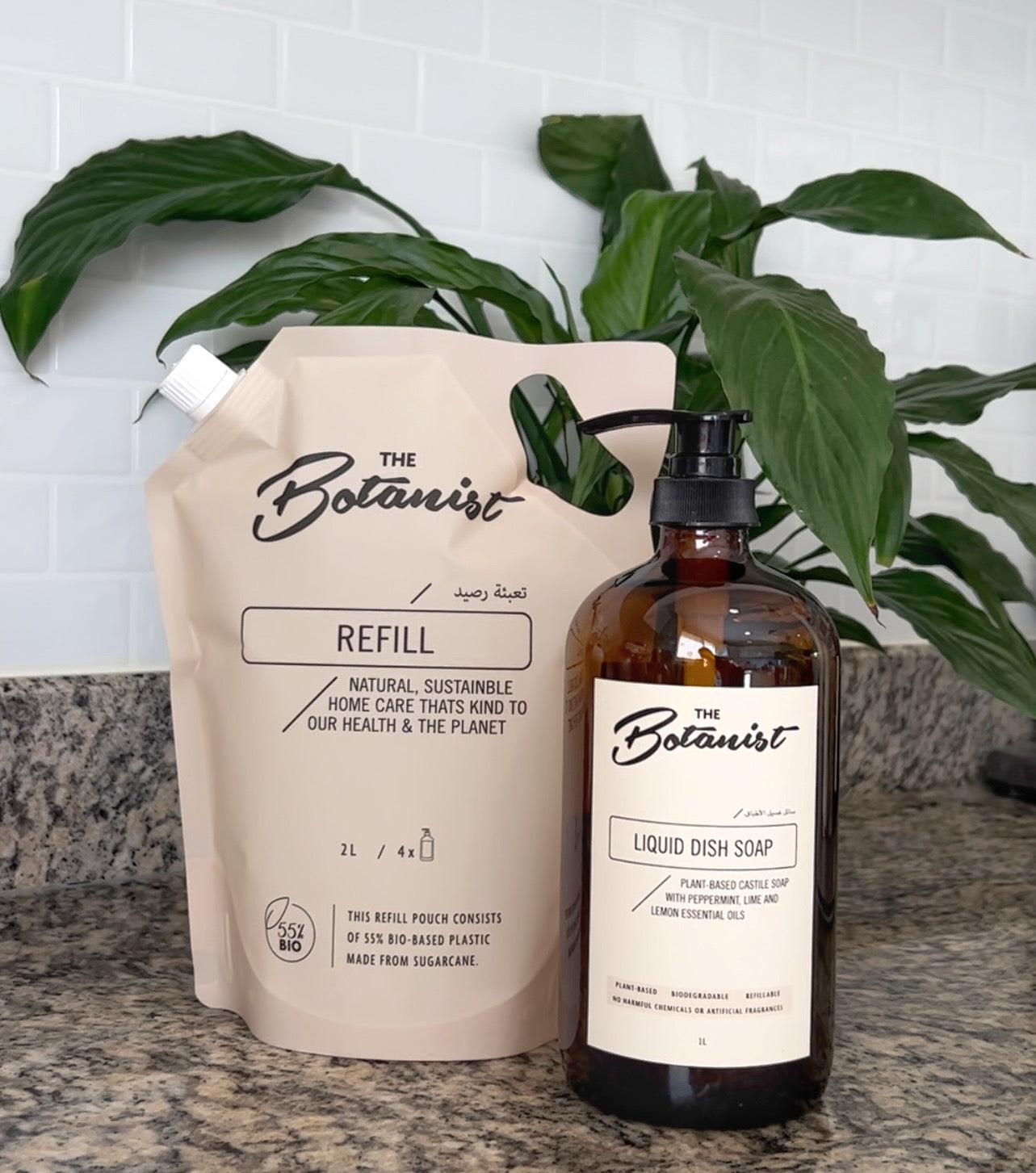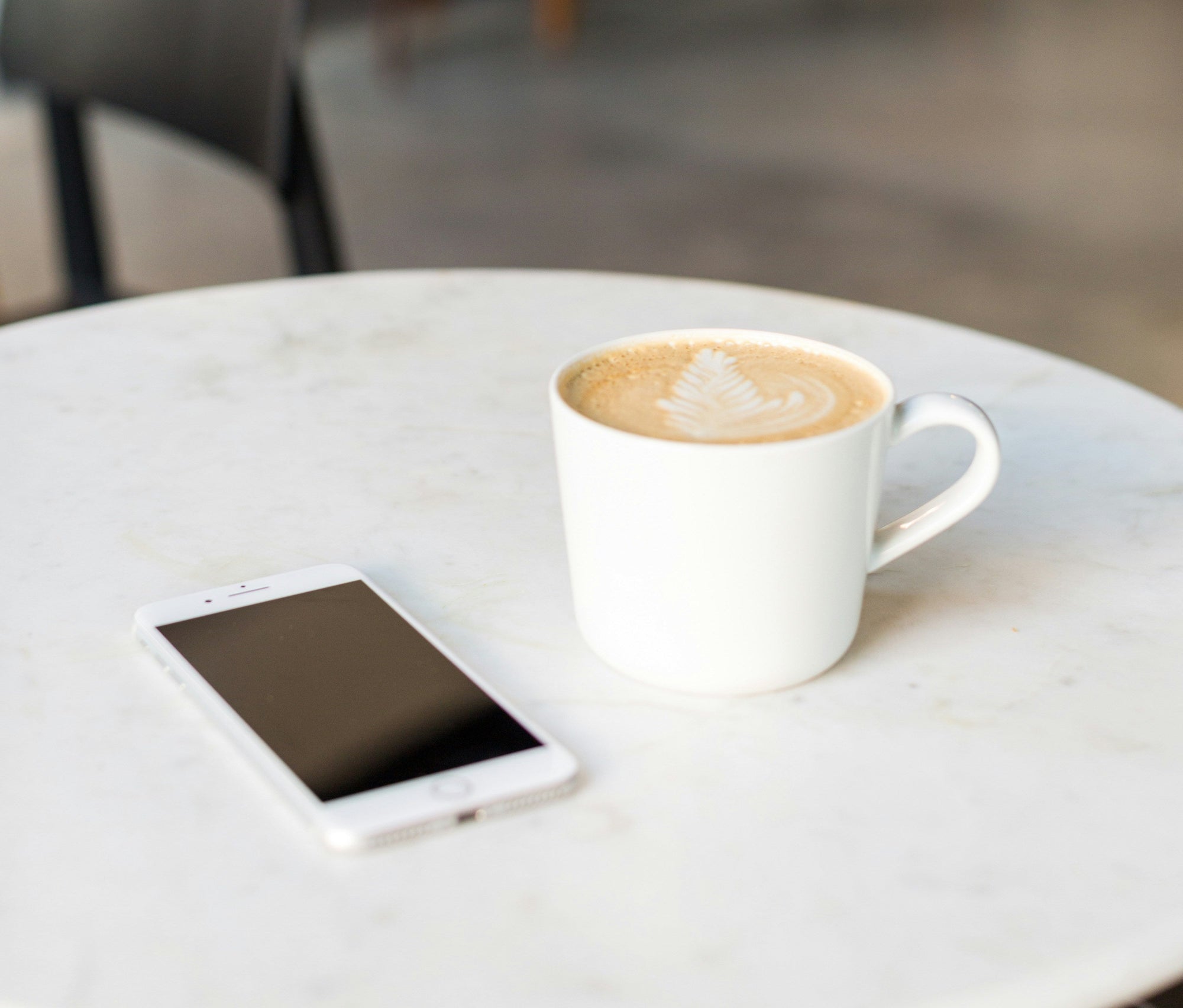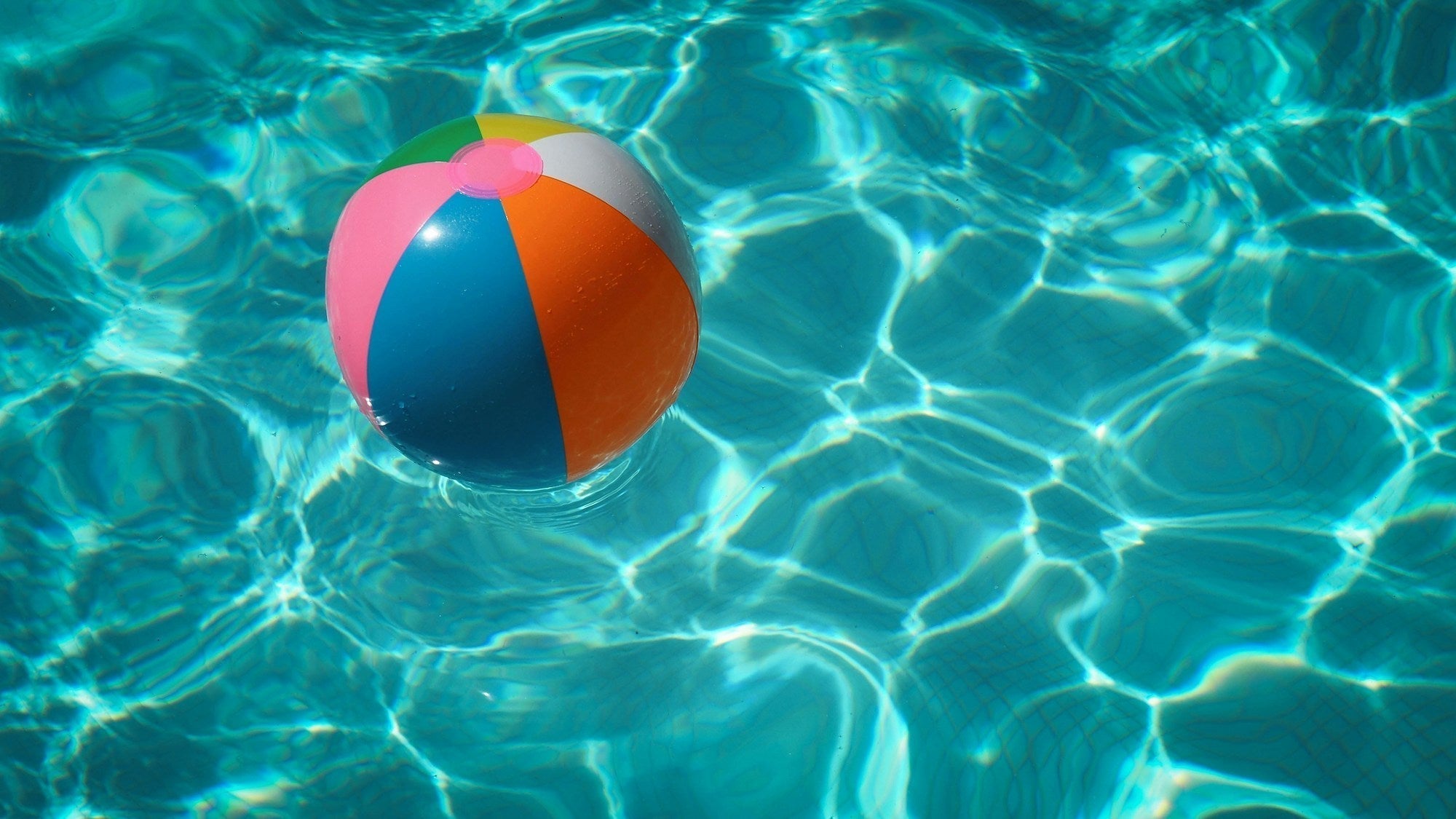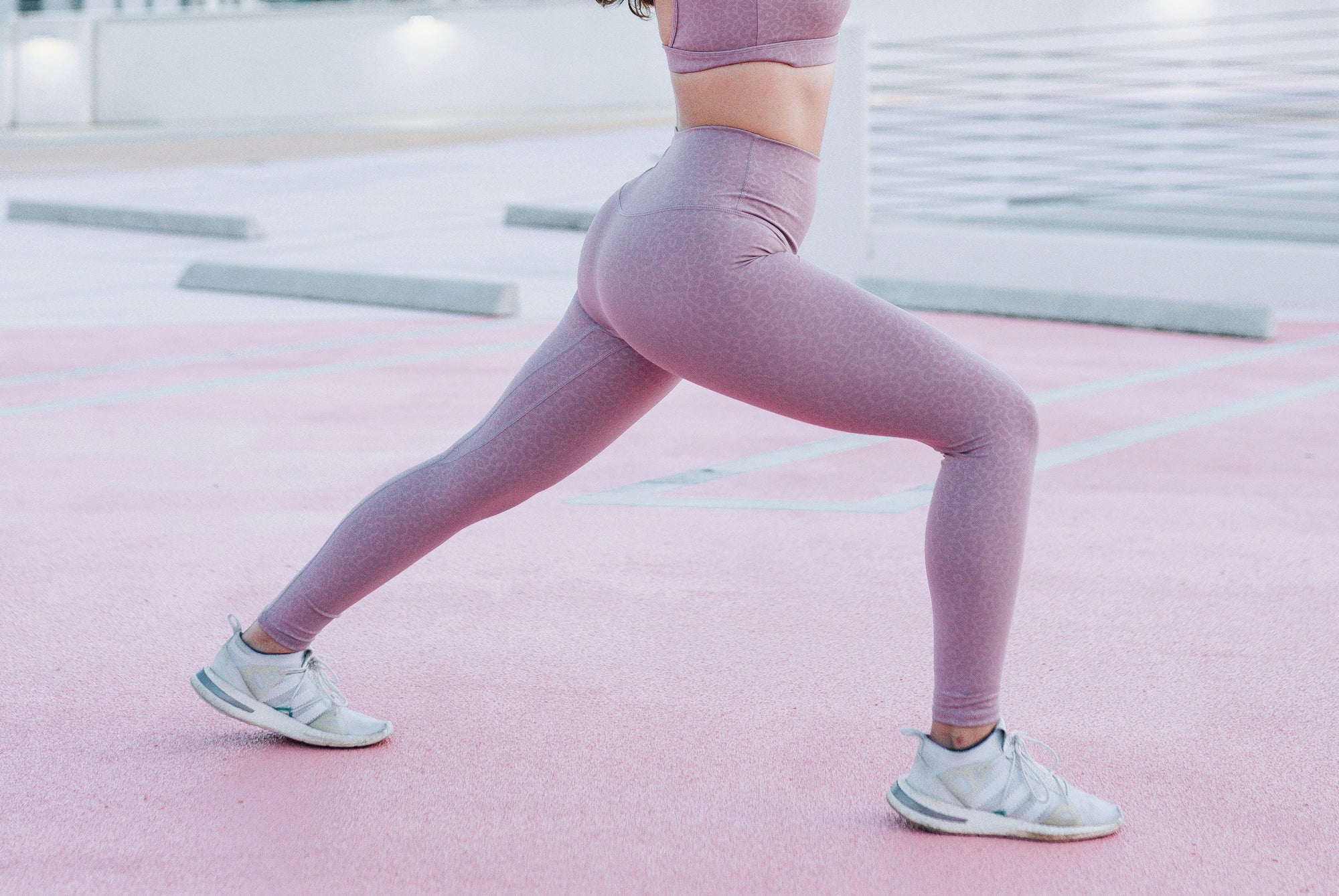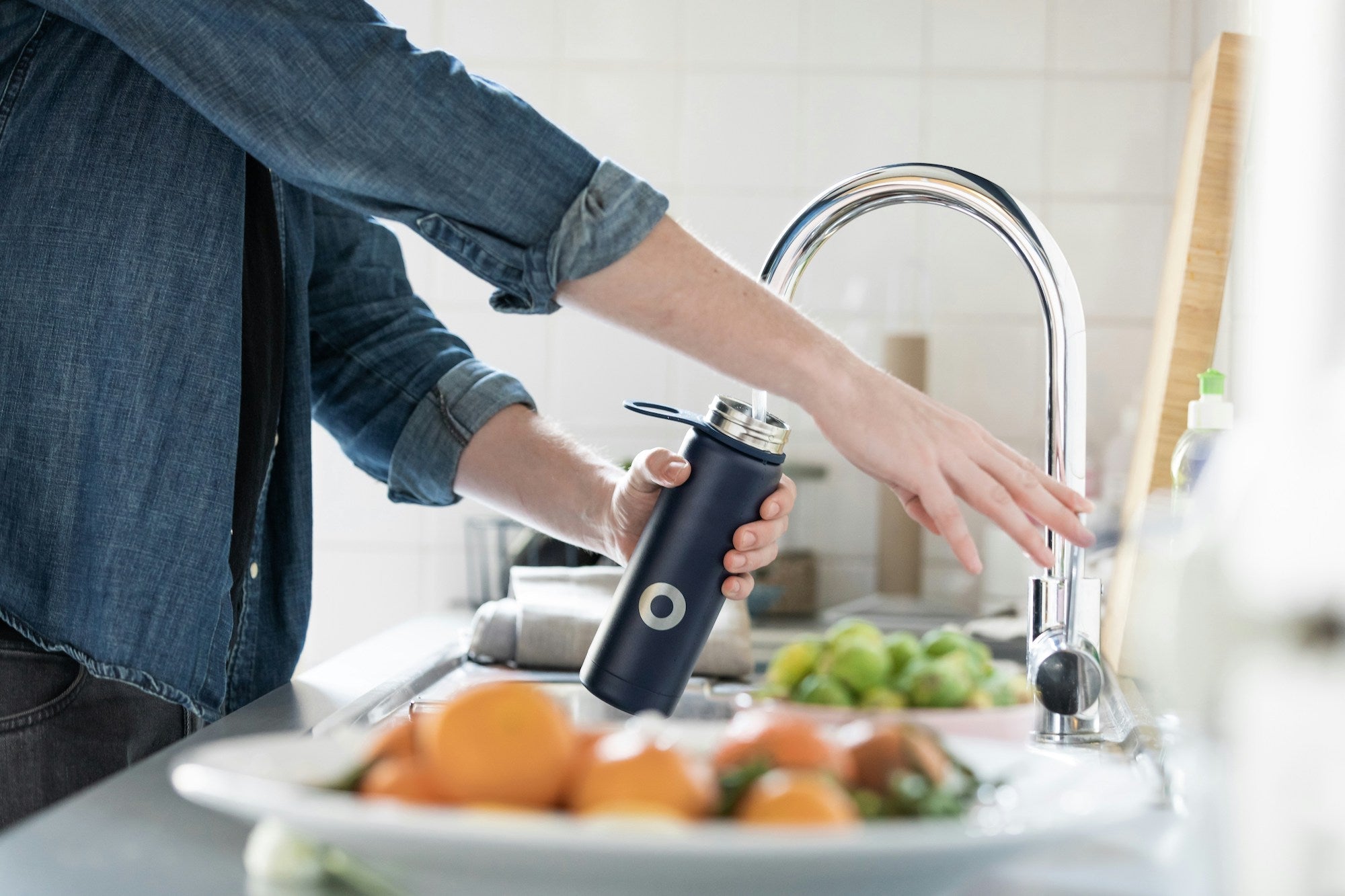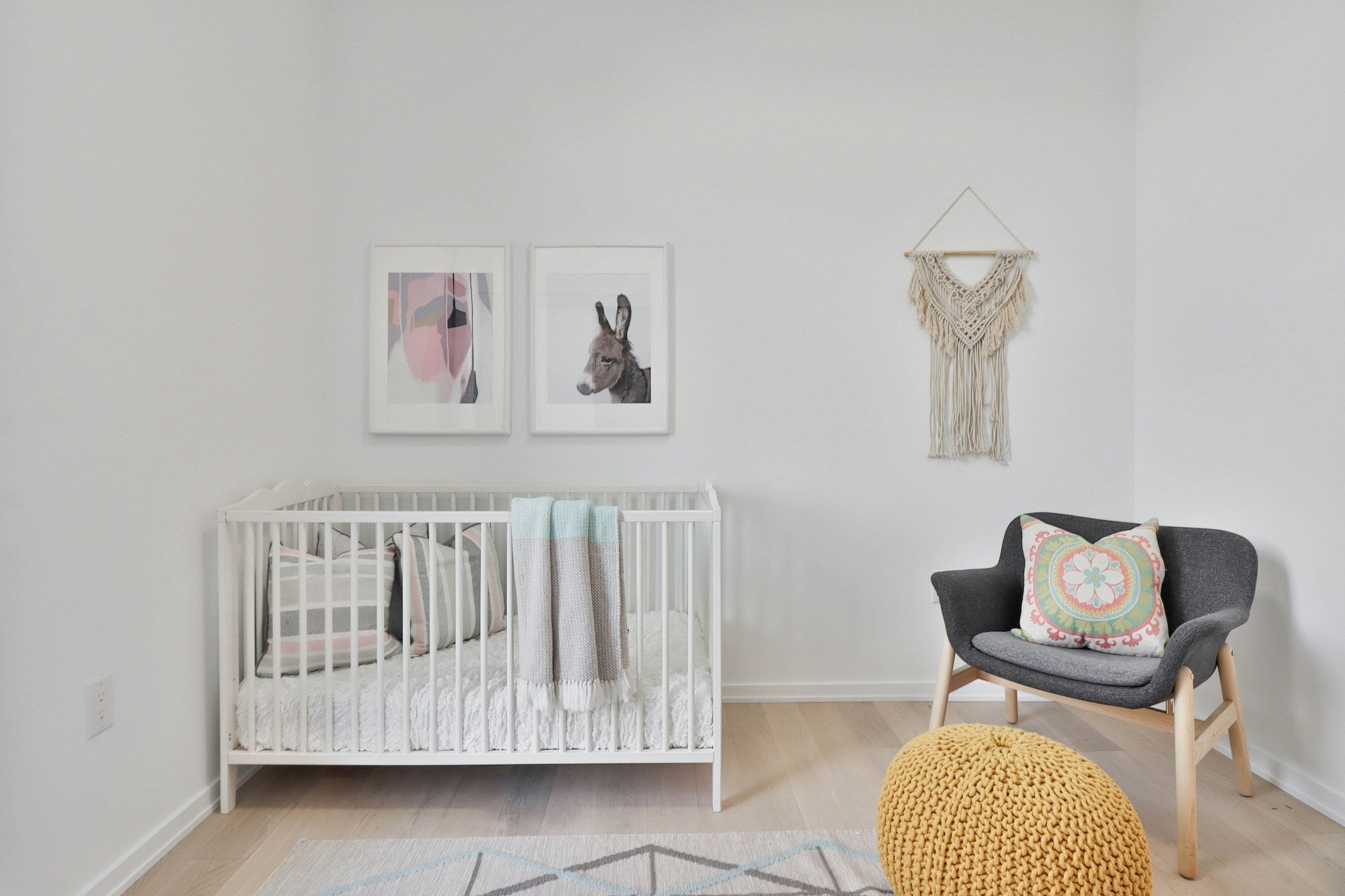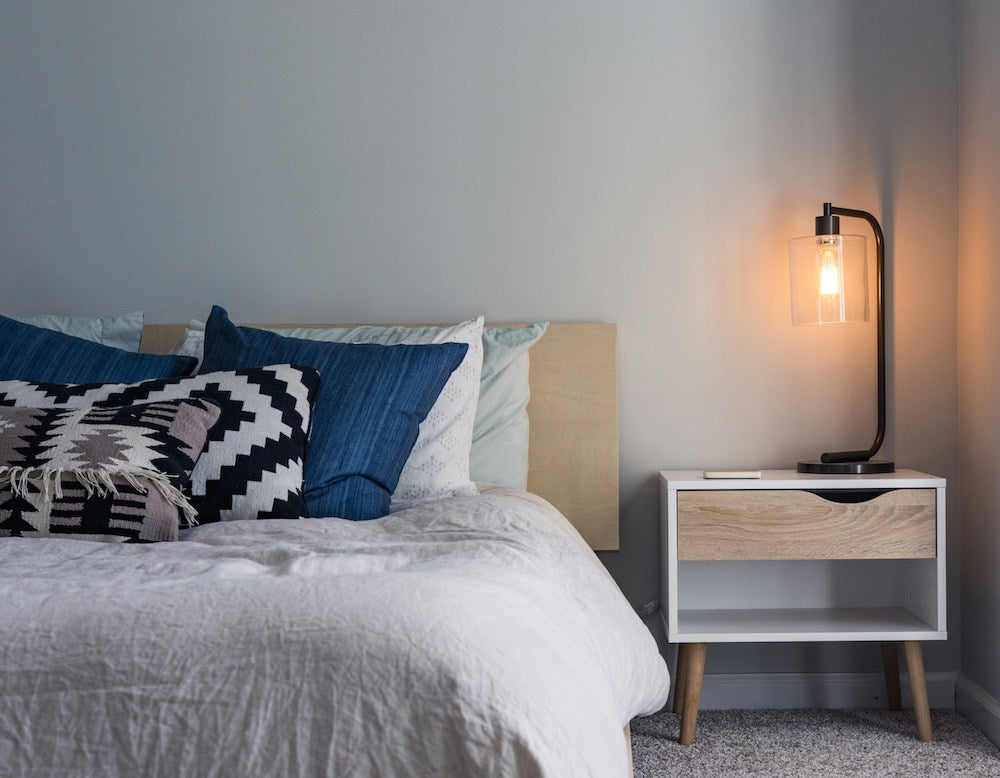
We’ve got some really exciting packaging news!
Since day one of our business we have been committed to using recyclable and refillable packaging for our products, while eliminating as much unnecessary packaging as possible. That’s why we chose to use infinitely recyclable glass bottles with minimal plastic and why we a have a full range of low-waste refills, striving to ensure that less waste ends up in landfill.
Recently we’ve heard some of your feedback on the slow product flow for the thick soaps in our 3L refill boxes (we always say we love hearing from you, it helps us do even better!), so we started to look for refill packaging alternatives. We wanted them to be practically easier to refill but also to be as sustainable as possible – and we had our eyes set on renewable materials.
It was no easy task as minimum order quantities for a small business often make it practically impossible to make the switch to bio-based alternatives, but we were committed to making this work. We worked with a local company specializing in eco-friendly packaging (thanks Mr Bluefish!) and their trusted network of suppliers.
And we found one, it’s plastic made from sugarcane. 🌱
Today we are delighted to announce the launch of our new 2L refill pouch which is made with 55% bio-based plastic made from renewable sugarcane. This is not your typical refill pouch! It’s a significant reduction in traditional plastic usage and we are proud to be the first home care brand in the country to implement it in our packaging.
As you know, most plastic is made from non-renewable petrochemicals. The extraction process and conversion into plastic releases carbon into the atmosphere, adding to climate change.
Sugarcane plastic an environmentally friendly alternative to plastic. The sugarcane is transformed into bio-ethanol –a plant-based alcohol – which can then be used as a petrol substitute to make plastic that is molecularly identical to traditional plastic made from fossil fuels.
You won’t notice the difference in terms of look, texture or strength, as sugar plastic is physically and chemically identical to traditional petrochemical plastic. Our refill pouch is made from 55% BIO PE and PE, so as a mono material it can be easily recycled (#4).
From today, our new 2L refill pouch will replace the 3L refill box for our Hand Soap, Dish Soap and Floor Cleanser refills. An easier, more sustainable way to refill, and with a no-mess design, you can simply screw open the spout and pour it directly into your bottle—it's as easy as that!
As always, we’d love to hear your feedback so let us know what you think 💚.

